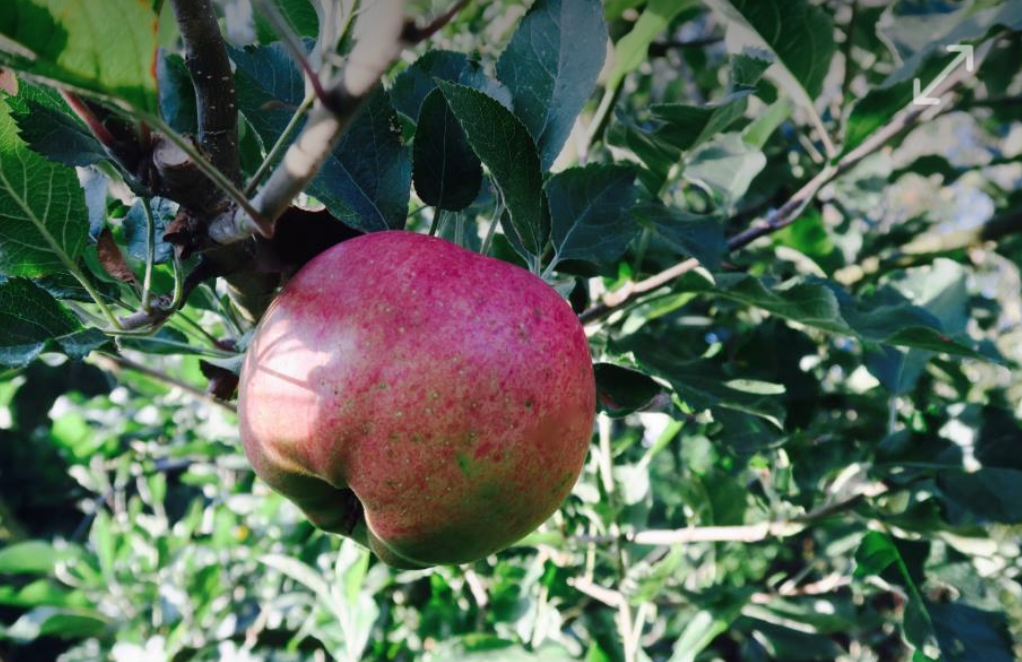Active Stillness
Meditation is a spiritual discipline that surprises me. I find it hard to do, but when I do, I’m always surprised!
I’m staying in Psalm 1 this month and letting Scripture sink in deeply.
Photo & Tree: Kim Hayashi
The NIV version says: “Blessed is the one who does not walk in step with the wicked or stand in the way that sinners take or sit in the company of mockers, but whose delight is in the law of the Lord, and who meditates on his law day and night. That person is like a tree planted by streams of water, which yields its fruit in season and whose leaf does not wither—whatever they do prospers.” (vs 1-3)
The first week, I thought a lot about “yields its fruit in season”, and became curious about the other times, when fruit is not budding, when it’s quiet and slow and what it means to wait.
The second week, I read the same verses in the Message which says: “How well God must like you—you don’t hang out at Sin Saloon, you don’t slink along Dead-End Road, you don’t go to Smart-Mouth College. Instead you thrill to God’s Word, you chew on Scripture day and night. You’re a tree replanted in Eden, bearing fresh fruit every month, Never dropping a leaf, always in blossom.” (vs 1-3)
Replanted in Eden? That’s a whole different story! I hadn’t paid much attention to the idea of being planted by a stream . . . that felt quite ordinary . . . but Eden, the place of perfection, harmony and health! A place and time where things were created to work as they should, with no sin, no decay, no disease - just perfect, beautiful and productive. Wow.
So I began to wonder what it means that meditating on God and His word replants me into an Eden-environment, powered by the very presence of God.
Richard Foster, in his book Celebration of Discipline writes, “Many people believe that at its very best meditation leads to an unhealthy otherworldliness that keeps us immune to the suffering of humanity. Such evaluations are far from the mark. In fact, meditation is the one thing that can sufficiently redirect our lives so that we can deal with human life successfully. “
Richard Foster also writes about our desire and contentment to be second-hand receivers of God’s message to us:
“The history of religion is the story of an almost desperate scramble to have a king, a mediator, a priest, a pastor, a go-between. In this way, we do not need to go to God ourselves. Such an approach saves us from the need to change, for to be in the presence of God is to change. We do not need to observe Western culture very closely to realize that it is captivated by the religion of the mediator.” (p. 24)
Perhaps the thing that keeps us from including the spiritual discipline of meditation in our lives is not that we don’t have time, but that we are afraid to sit quietly in the presence of God. What will He say? What will He reveal? Will we be confronted by our sin, our selfishness, our fears? Will He speak to us about our deepest desires? Will He say nothing? Or maybe we believe we can do things better than Him, or faster, so we rely on our own power because its something we can do.
But replanted . . . in Eden, imagine . . .
I heard one person say that when they climb out of bed in the morning and their feet touch the floor, it’s her “Good morning God” moment, and it triggers her thoughts to turn to God. She has other little reminders throughout their day to draw her attention back to God too.
Meditation on God requires faith . . . an active stillness . . . that we stop trying to fix everything and instead allow God to produce beauty and nourishment and productivity in ways we can’t even imagine.
But let’s imagine . . . in your life right now, what could He do if your attention was fully on Him and the replanting process could begin?

